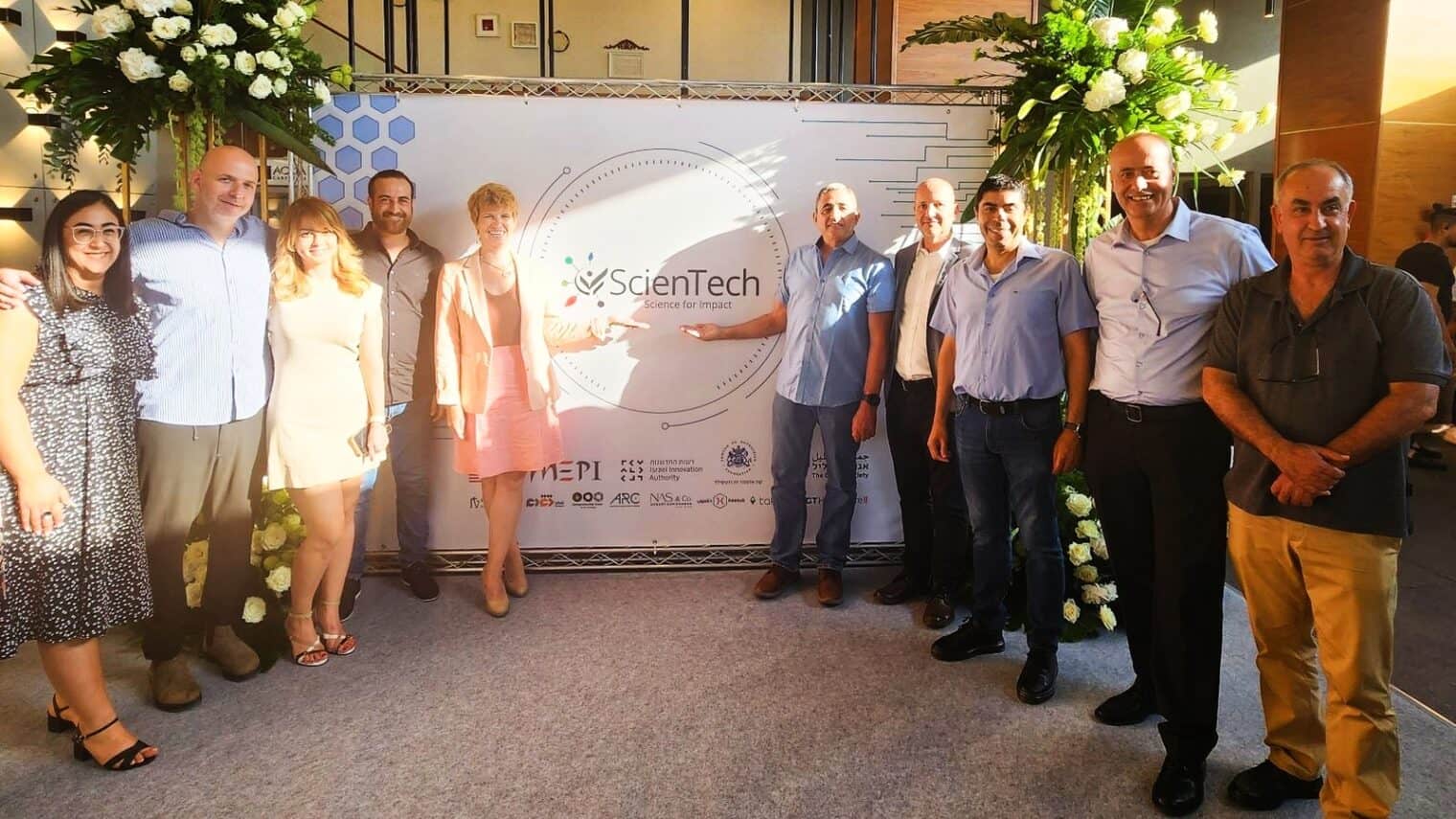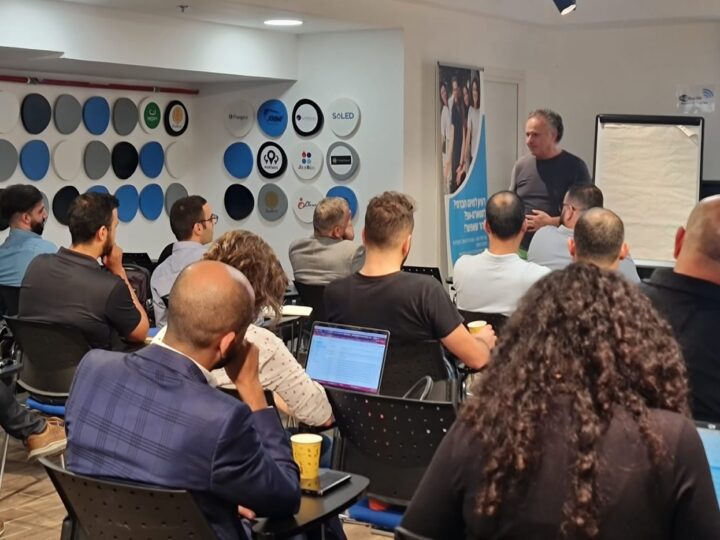Nearly three years ago, Ola Baker got a lifechanging call from Ahmad Sheikh Muhammad, head of the Galilee Society – the Arab National Society for Health Research and Services.
The society, based in northern Israel, had won a tender from the U.S.-Middle East Partnership Initiative (MEPI) to establish an accelerator for early-stage Arab startups in healthcare, biotech and environmental science. Would Baker want to be its CEO?
“It was like a dream come true for me,” says Baker, an Israeli Arab with degrees in biology and business administration.
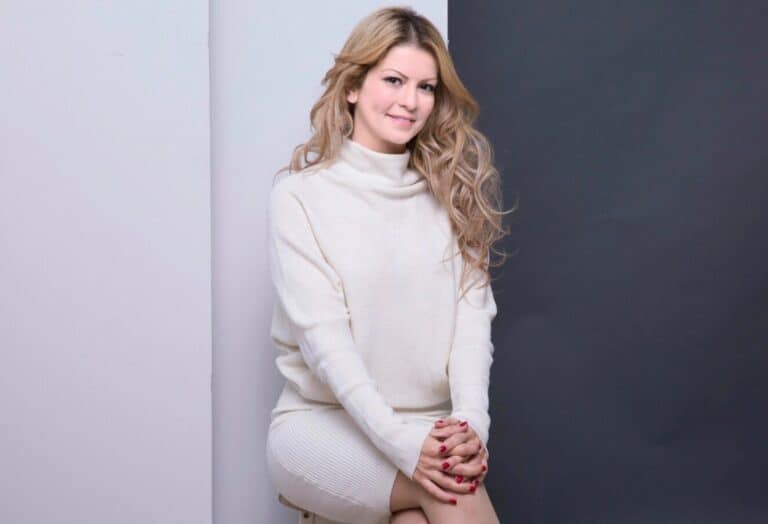
She’d been a C-level manager at pharma companies for six years and then opened GrowOn, a boutique consultancy to help early-stage Arab healthcare startups overcome their considerable investment and business networking challenges. She also lectures on entrepreneurship at the Technion and Tel Aviv University.
Now, suddenly, Muhammad was offering her the management of ScienTech, the first accelerator targeted to help Arab founders turn scientific research knowledge into businesses.
“It gave me the budget to try to make a change for our society, at least in the north of Israel,” Baker tells ISRAEL21c.
“It’s the first project in Arab society that focuses on science innovation. It’s not a common concept for us. In terms of innovation, we have a long way to go to be equal to the general population.”
A new ecosystem
Muhammad explains that the Galilee Society was founded in 1981 to help achieve equality for Arab society in Israel.
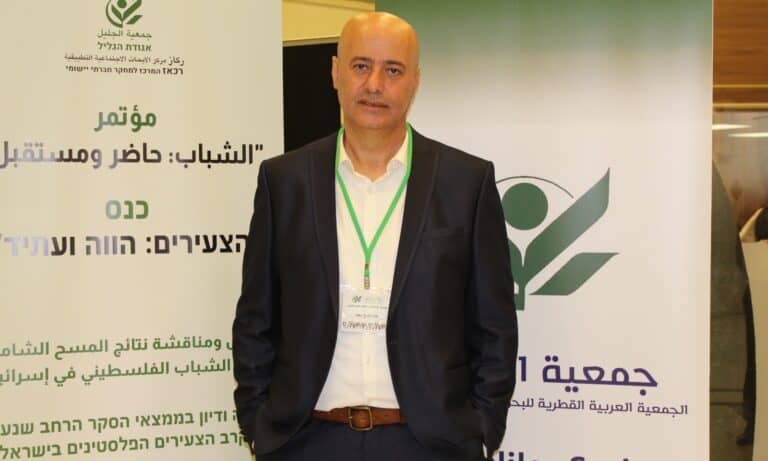
“We have a long history of promoting science and technology that respond to local and global needs and challenges,” he tells ISRAEL21c.
The organization has divisions for applied R&D, socioeconomic research, environmental justice and healthcare rights, and has helped found eight companies.
“Two years ago, we established a scientific education center to build a new generation of researchers in Arab society,” says Muhammad.
“The potential is high, because many Arabs work in the healthcare sector as physicians, nurses and pharmacists. We are trying to expand this into research and innovation and entrepreneurship.”
Arab men and women in the north, he points out, are highly educated yet largely disconnected from the Israeli startup ecosystem in the center of the country.
“We need to build our own ecosystem of knowledge and culture close to where we live. This project is the first step toward that change,” he says.
ScienTech
The MEPI budget covered the first two cohorts, the second of which ended in June. The third cohort, now underway, is funded by the Israel Innovation Authority through a tender won by the Galilee Society.
Baker tells ISRAEL21c that the “11 brilliant scientists” in the pilot group of the ScienTech accelerator received training in entrepreneurial thinking and fundraising, along with consulting, mentoring, meetings with relevant experts and professionals, and exposure to high-tech and healthcare companies.
“At the end of the five-month program, they did a pitch night for investors and potential strategic partners,” says Baker.
Unfortunately, nobody in that first cohort ended up with a viable startup.
“But we saw what to do differently the next time,” she says.
“We’ve learned to sense who are the right candidates and maximize their chances of success. For the second cohort, we started by carefully selecting appropriate people who had the science background and also a strong business orientation.”
Daily Robotics
The second cohort bore some fruits, the most prominent of which is Daily Robotics.
This startup, which aims to make farming more sustainable through the use of sensors and robots, won an Israel Innovation Authority grant of 4.2 million shekels while still in ScienTech, and was named by Israeli financial paper TheMarker as one of Israel’s 15 most promising startups for 2023. ScienTech matched the IIA grant.
Adham Ghazali, head of Daily Robotics, previously founded Imagry, a thriving auto-tech startup in Haifa that makes vision-based software for map-less autonomous driving.
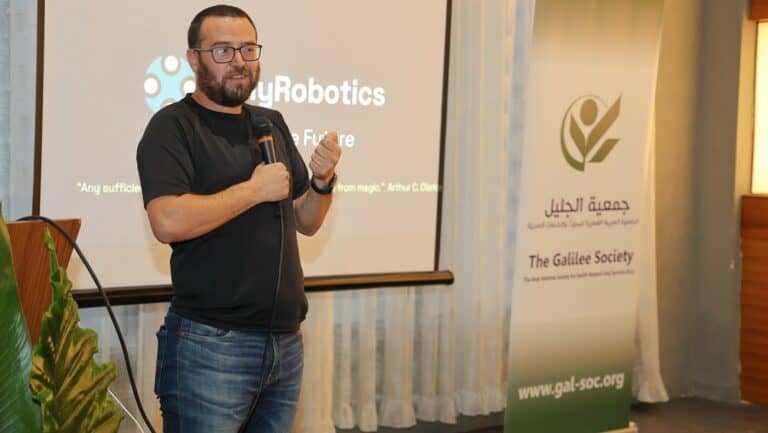
Ghazali tells ISRAEL21c that his ScienTech-accelerated startup addresses the labor shortage in agriculture, which is even more acute for farmers dedicated to sustainable but labor-intensive practices such as organic farming.
“The more sustainable the farm, the more severe the shortage becomes, and Daily Robotics bridges this gap,” he says.
The wheeled quadruped robots will be designed to do tasks including harvesting, weeding and pruning.
Ghazali says he is grateful for the mentoring and networking opportunities he was given at ScienTech. “I would definitely recommend the program to others, especially entrepreneurs just starting their first science-related company,” he says.
Linking scientists and industry
Baker says that two other graduates of the second cohort were invited to join the NGT3 Incubator in Nazareth, the largest Arab city in the north. NGT3 invests in early-stage tech startups with a social agenda.
“If it weren’t for ScienTech, this wouldn’t happen,” she says. “We are linking [Arab] scientists and the industry.”
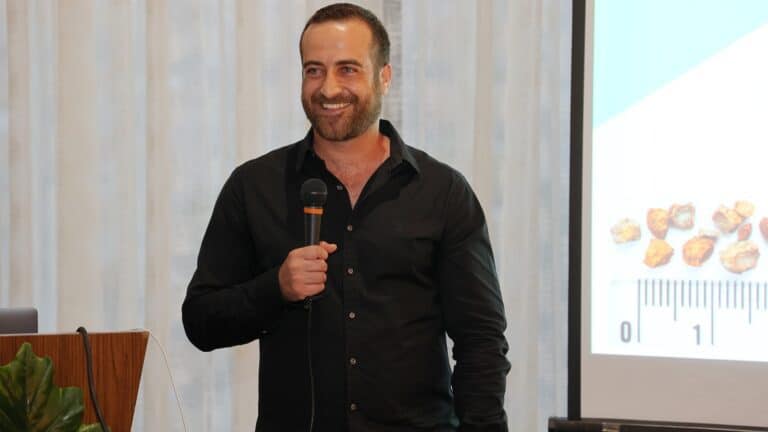
Some of ScienTech’s partners in this endeavor include Takwin Ventures, a VC firm that invests in startups with at least one Arab Israeli cofounder; the Technion Knowledge Center for Innovation; and the ARC Innovation Center of Sheba Medical Center.
“I have a dream,” says Baker, “that this cohort will result in at least three successes that will give this project stability and allow us to raise money and leverage that success.”
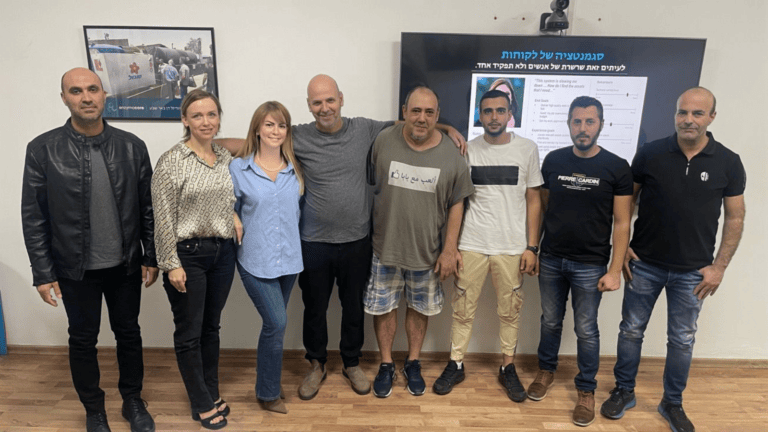
The third cohort, which started with 11 participants and was whittled down to six, had to go to a Zoom format due to the war situation. These proposed ventures include fat grafting and stem cells; developing new mRNA technology to treat cancer; an app for mental-health issues; a new approach to curing diabetes; and two agritech startups.
Applications are now being accepted for the fourth cohort. Baker says she is encouraged to find that more budding entrepreneurs are aware of ScienTech these days and she expects many promising businesses to be born out of its incubator.
For more information on ScienTech, click here.




